Air traffic controllers, who have been working without pay during the 42-day government shutdown, are expected to continue facing staffing shortages, leading to flight disruptions even after the government reopens. The Federal Aviation Administration (FAA) has ordered airlines to reduce air traffic at 40 of the nation's busiest airports, with cuts still ramping up to 10% of flights by Friday.
Airlines and aviation regulators have warned that the flight disruptions could persist for some time, citing the impact of the staffing shortages on air traffic control operations. "We're doing everything we can to mitigate the effects of the shutdown, but it's going to take some time to get back to normal," said a spokesperson for the Airlines for America trade association. "We're working closely with the FAA to ensure that flights are safely and efficiently managed, but it's a challenging situation."
The FAA has been dealing with persistent staffing shortages due to the shutdown, which has resulted in a significant decrease in air traffic controllers available to work. The agency has been forced to implement measures to reduce the workload on remaining controllers, including limiting the number of flights and reducing the hours of operation at some airports. "We're doing everything we can to ensure that air traffic control operations continue to run safely and efficiently, but it's a difficult situation," said an FAA spokesperson.
The government shutdown, which is now the longest in U.S. history, has had a significant impact on air traffic control operations. Air traffic controllers, who are required to work without pay during the shutdown, have been facing significant stress and burnout. The FAA has been working to provide support to controllers, including providing counseling services and offering overtime pay to those who are willing to work.
Industry experts have warned that the flight disruptions could have a significant impact on the airline industry, particularly during the peak holiday travel season. "The shutdown has already had a significant impact on air travel, and it's likely to continue to do so even after the government reopens," said a spokesperson for the International Air Transport Association. "We're urging the government to take immediate action to end the shutdown and restore normal air traffic control operations."
The FAA has said that it will continue to work with airlines to ensure that flights are safely and efficiently managed, but it's unclear how long it will take to get back to normal. The agency has promised to provide regular updates on the status of air traffic control operations, but it's likely to take some time to fully recover from the impact of the shutdown.
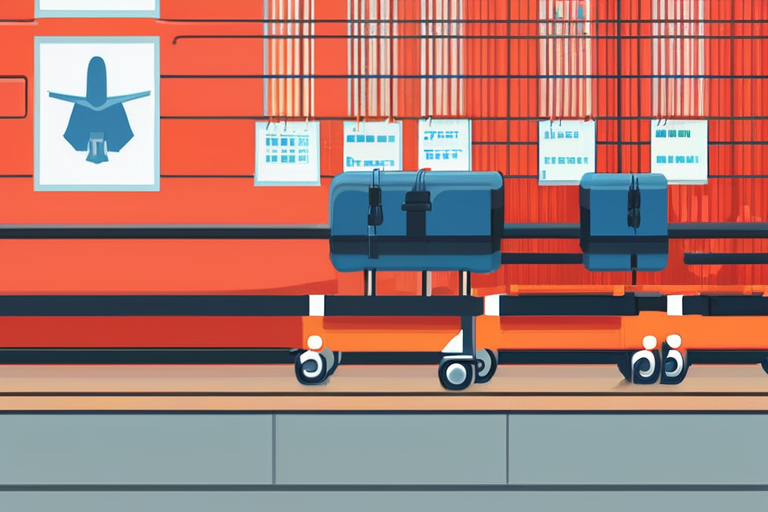


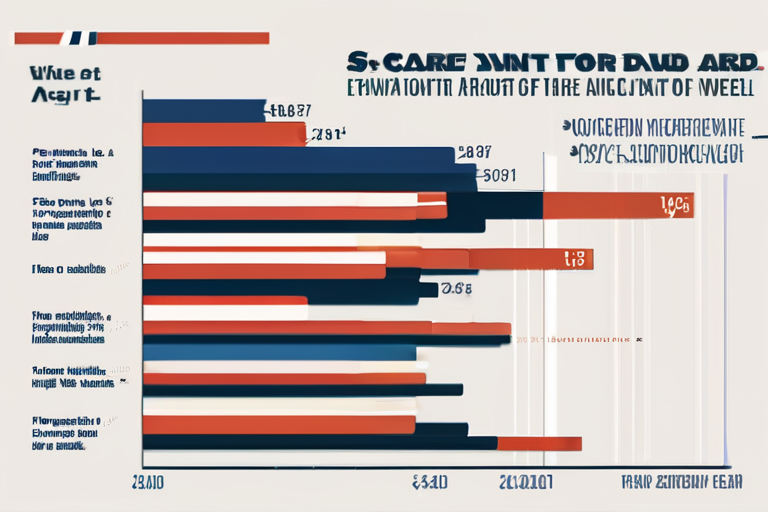
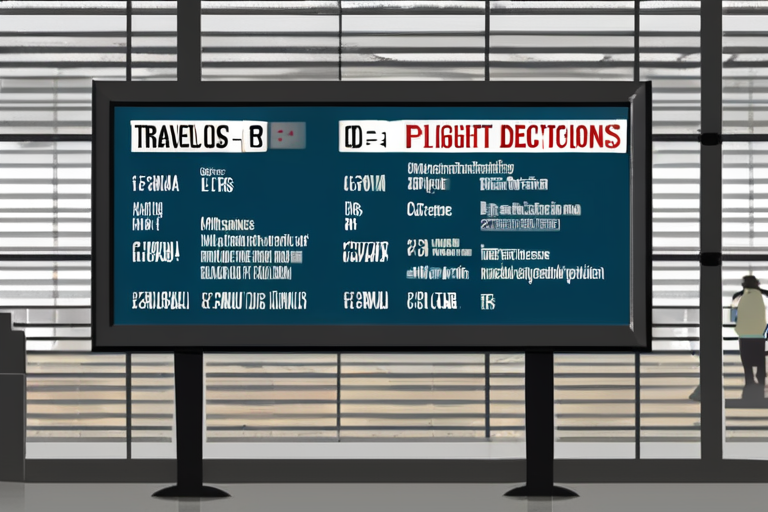

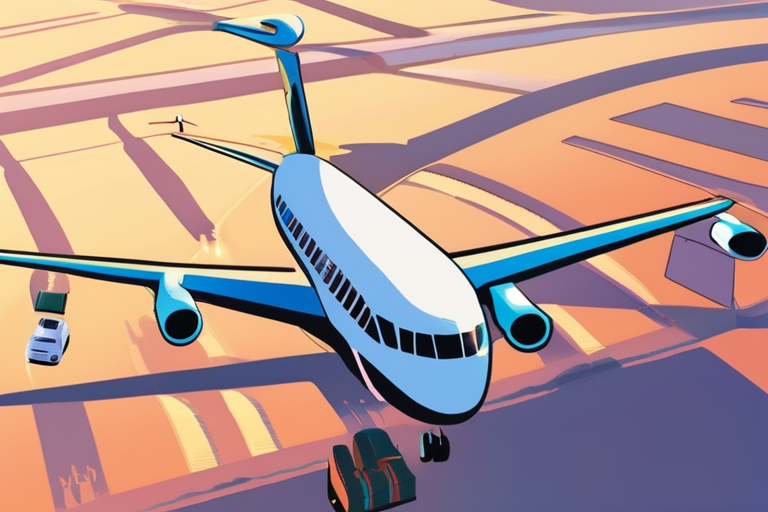
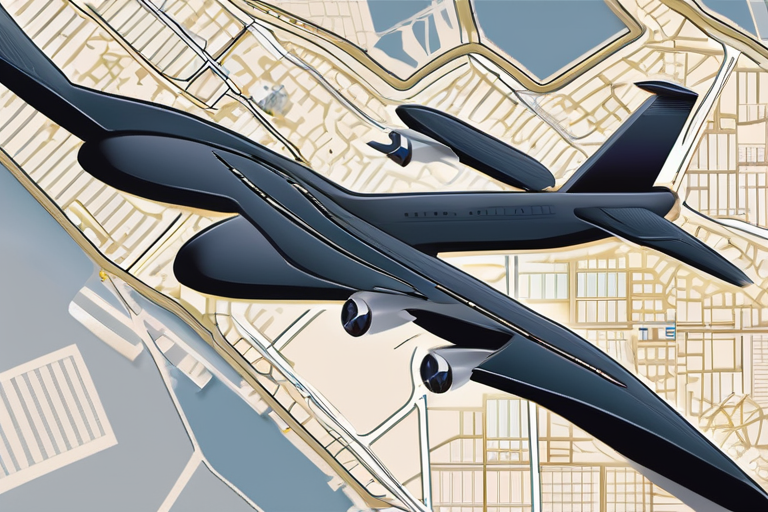
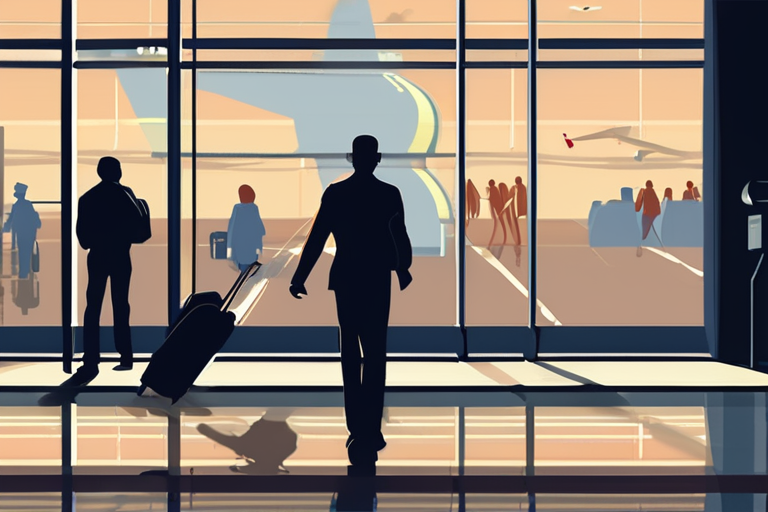



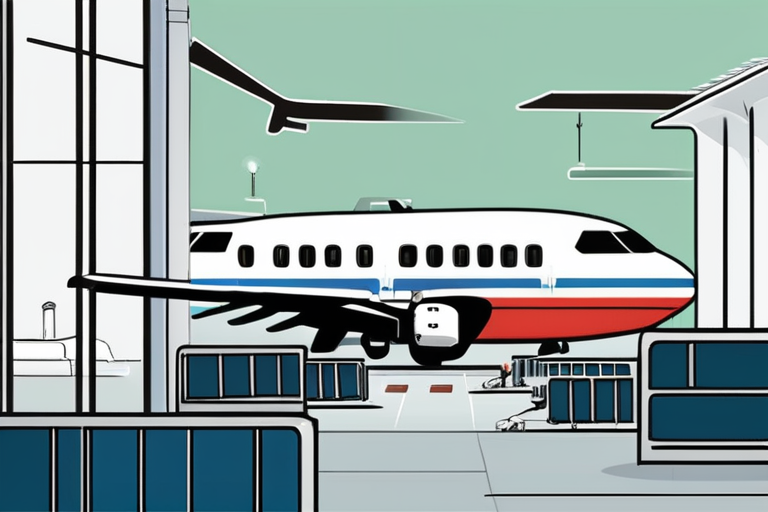
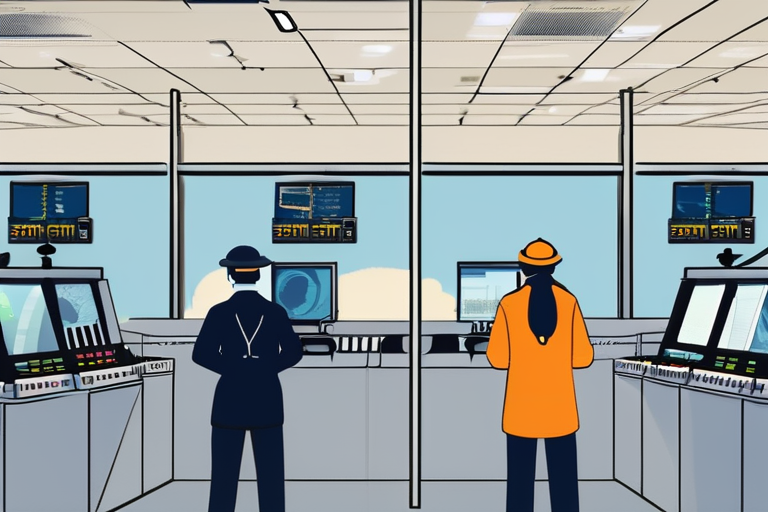
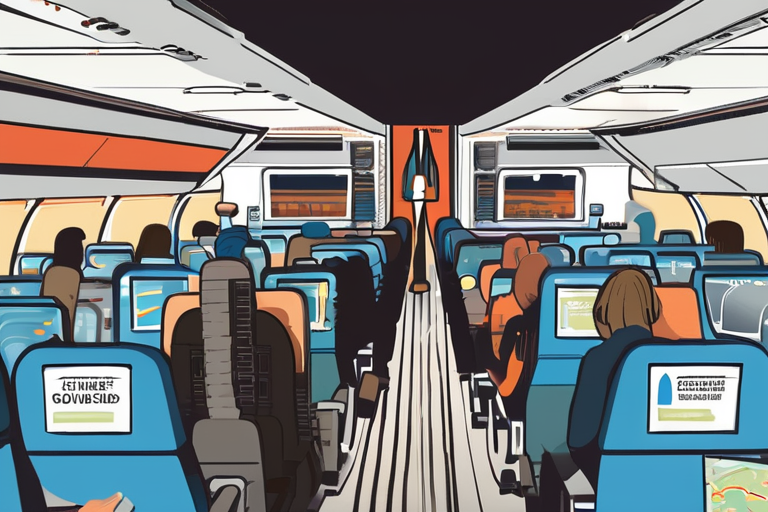


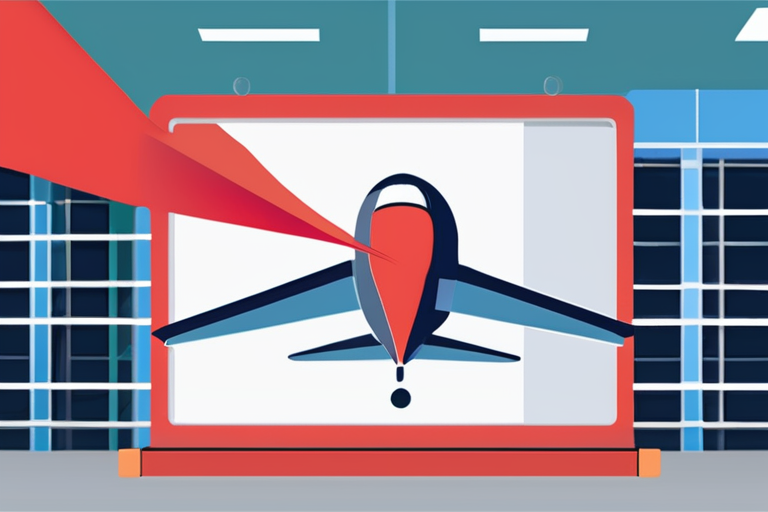
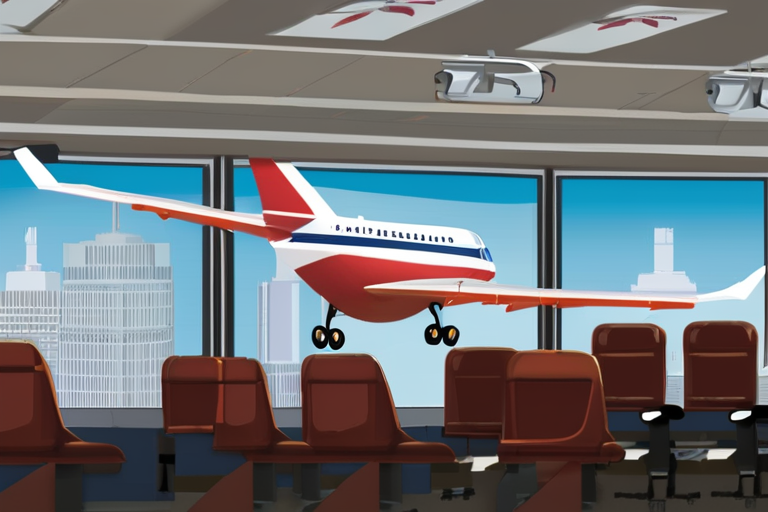
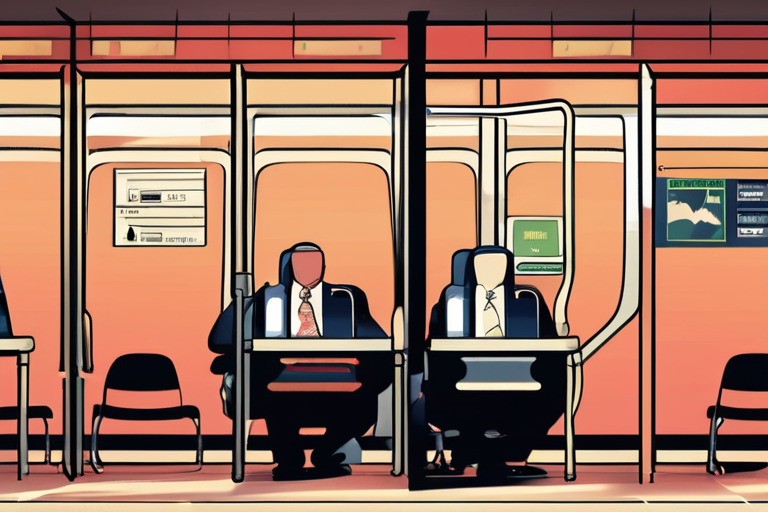
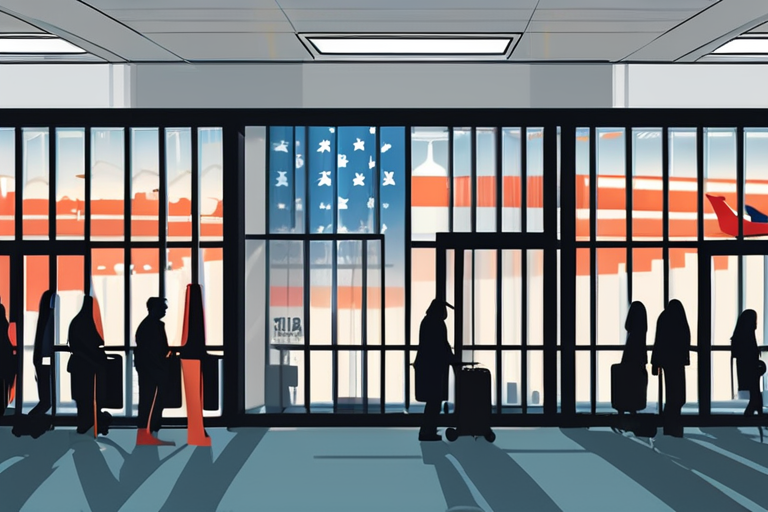

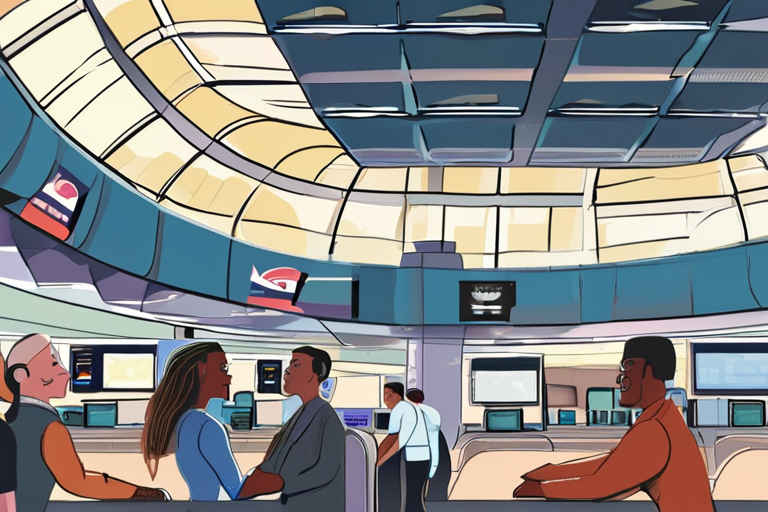
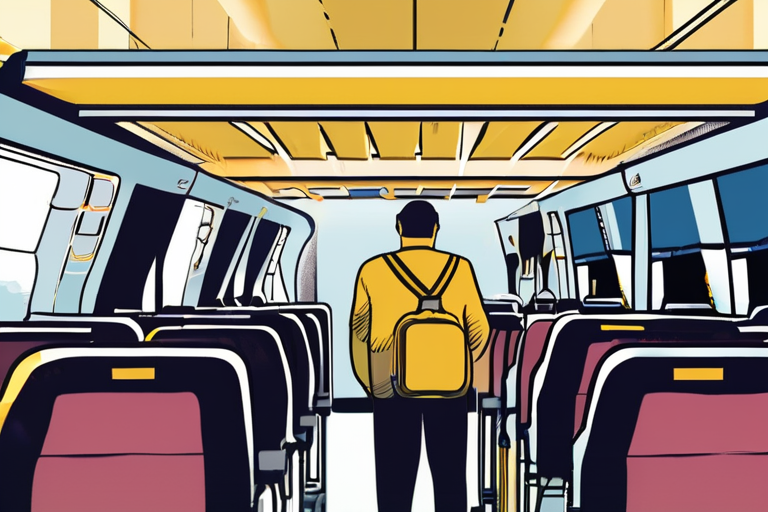

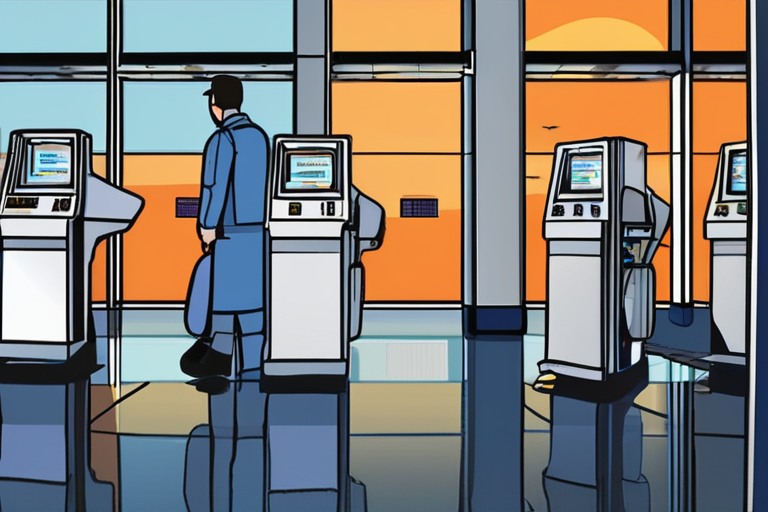

Share & Engage Share
Share this article